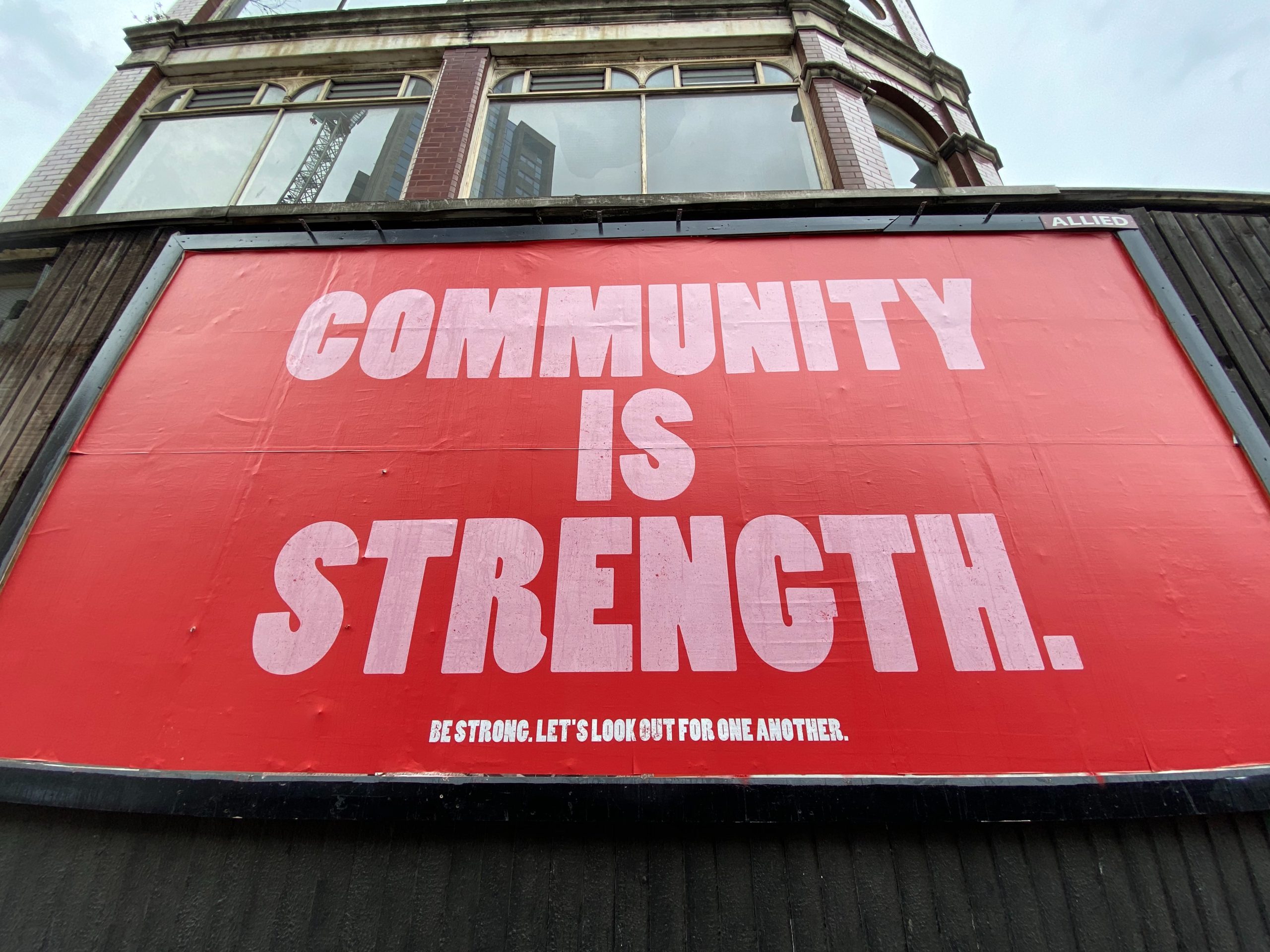If you’ve spent time on social media or in any social justice movements, you’ll likely have heard of “calling out” – the act of publicly rebuking problematic or oppressive behavior. Possible goals of calling out can be to bring awareness to the behavior, and to encourage the person to stop or alter their behavior.
When people mess up (and we all eventually do) the kind act is to let them know. I say kind – not nice – because one way we learn is by understanding where we went wrong.
I strongly believe, however, that calling out isn’t always the right approach for communities, especially if your calling out isn’t actually about accountability. As a community organizer for WordPress, wherever possible, my preferred method for letting people know that they’ve behaved outside of expectations is through calling in.
What is calling in?
Similar to calling out, calling in brings awareness to problematic or oppressive behavior. However, instead of a public rebuke, calling in begins a private conversation with that person, focusing on their language or behavior and its impact on others. Calling in acknowledges that people make mistakes and helps to create a space where people can learn, change, and grow.
More often than not, I find that calling out fellow community members has a tendency to result in defensive, divisive behavior. What I love about calling in is that it can be an effective way to educate community members and to actually bring us closer to each other.
But calling in is also emotional labor. When you decide to call in, you’re assuming a number of responsibilities: from initiating a conversation, to bringing awareness to problematic behavior, through helping another person see where they caused hurt. It can be challenging, emotionally taxing work. It certainly is for me.
You should never feel like these are responsibilities you need to take on, especially if you are the one harmed by the oppressive behaviors. Marginalized people do not need to educate oppressors, and should never be expected to. This is an excellent time to ask an ally to do the calling in. If you’re an ally and hear about a situation where you might be able to call someone in, remember to ask before doing it.
Coming soon!
To be clear, I’m not about to begin singing, “Why can’t we be friends?”. What I am going to do is help community managers add calling in as another tool in their toolbox. I know how intimidating it can be to think about when and how to call in at first! So in coming weeks, we’ll cover the following:
- When you might be able to call members in, over out, in your community
- How to approach and have the call in conversation
- What to do if you are called in
This short series is intended for community managers and organizers, but can be helpful for anyone who wants to level up their allyship.
More illuminating info
- This is what it means to call someone in, instead of calling them out
- Call-out culture: how to get it right (and wrong)
- Why scholar Loretta Ross is ‘calling in’ callout culture
Photo by John Cameron on Unsplash

Leave a Reply